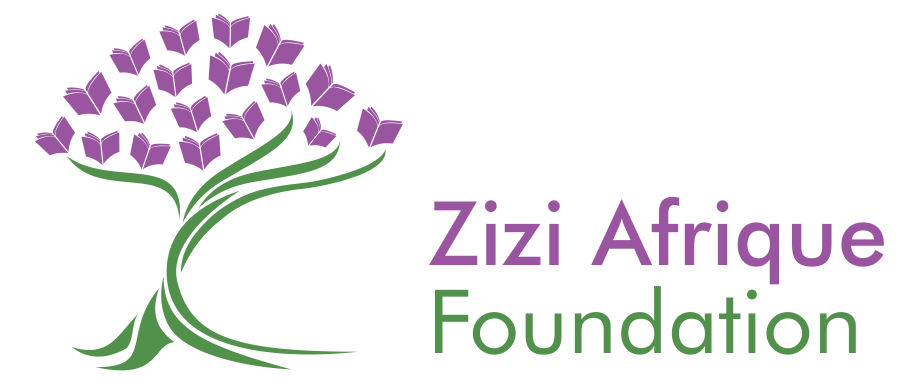The Problem
Children have limited foundational skills, inhibiting their abilities to learn and thrive.
Strategic outcomes (as per ZAF2025 strategy)
- Frameworks developed
- Target audiences skilled (teachers, parents, partners)
- Innovations scaled through partnerships (Government and CSOs).
Theory of Change
IF we design evidence-based innovations, equip parents with capacities they need to support learning at home, equip teachers with pedagogies to enhance classroom learning experiences and capacities to engage parents, build partnerships with CSOs and Government to scale effective approaches, THEN, parents will effectively support learning at home, teachers will promote targeted instructional approaches in the classroom, children will have access to supportive learning environments at home and school; AS A RESULT, children will acquire the foundational skills they need to learn and thrive.
Summary of the Directorate Approach to Systems Change
- System level outcomes (goal)
- People level outcomes (objectives)
- Strategies
- System level institutions
One million children acquire foundational skills (life skills, values) by 2025.
Parents are equipped with the capacities to support learning at home (development of life skills and acquisition of values). |
Teachers are equipped with pedagogical capacities to nurture the development and acquisition of foundational skills (values, life skills, literacy and numeracy). |
Partners (CSOs and Government) are equipped to collaboratively scale evidence-informed innovations (NFS, MGIP, RELI, VaLi). |
Develop and use targeted toolkits/resources to equip the target groups with requisite capacities. Outputs – toolkits, manuals, rubrics, checklists, workbooks, resource materials. |
Co-creation of innovations with CSO and Government partners based on evidence of what works. Outputs – design templates (definition of the problem, curating an innovation end to end), theory of change, conceptual frameworks, Fidelity[1] of implementation matrices (including dosage, frequency etc). |
Feasibility testing, piloting and system level implementation of innovations. Outputs – protocols for collating feedback, site selection, partner identification, |
Monitoring, evaluation and learning to systematically document what is working, not working and iterating accordingly. Outputs – Monitoring, evaluation and learning frameworks; data collection tools; data collection platform; data management and analysis plans. |
i) Kenya Institute of Curriculum Development – review frameworks, guidelines to incorporate lessons learnt. System level objective – curriculum, frameworks. ii) Teacher Service Commission – embed lessons into Continuous Professional Development (revise modules, introduce new ones etc). iii) National Parents Association (secondary) – reinforce the school management practices to promote the role of parents in developing the skills. Institutionalize the frameworks/approaches. iv) Kenya Primary School Heads Association (KEPSHA) – champion the cause to the headteachers. v) National Council for Nomadic Education in Kenya (NACONEK) – institutionalize the frameworks, review existing policy documents, national champion for hard to reach regions. |
This summary maps the path that will bring out the strategic changes envisioned in the ZAF strategy, of documenting frameworks that guide innovations; skilling target audiences to ensure they play their roles effectively in foundational skills development and that ultimately, there is broader buy-in and scale up through government structures (primarily) and civil society partnerships.
